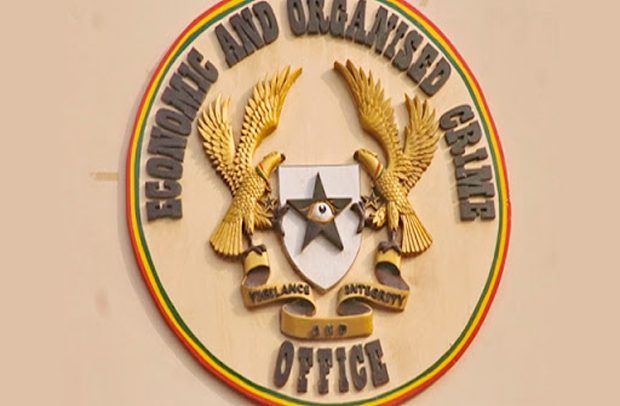Vice President Dr. Mahamudu Bawumia has charged the various prosecuting agencies to begin the processes of prosecuting persons involved in bloated payroll to serve as deterrent.
According to him, government intends to petition the prosecution authorities, especially the Economic and Organised Crime Office (EOCO) to investigate some 148,000 public sector workers who have multiple employee numbers on the Controller and Accountant General’s database and prosecute those found culpable because of the level of losses to corruption.
Dr. Bawumia revealed that a startling 148,000 government workers out of a total of 602,000 workers on the payroll of the Controller and Accountant Generals Department have been found to have identifications which do not match any biometric identification at the National Identification Authority (NIA), after a biometric audit by the Controller and Accountant General Department.
Addressing the 2022 Internal Audit Agency Conference in Accra on Tuesday August 16, Dr. Bawumia also disclosed that the Controler General’s biometric audit also found 533 workers on government payroll with multiple identities.
The Vice President, who was speaking on the Conference’s theme “Injecting Fiscal Discipline in Resource Mobilization and Utilization for Sustainable Development,” said, as part of government’s quest to achieve fiscal consolidation, many steps have been taken, including improved revenue mobilisation and curbing wastages in the public sector by using digitisation.
The efforts, Dr. Bawumia revealed includes a rigorous fight against identity fraud and corruption in the public sector, through the robust identity system, the government is building with the Ghanacard and the digitization of government services.
“A key focus of the 2022 budget is fiscal consolidation to enhance debt and fiscal sustainability as we implement our economic revitalization and transformation programme to better the lives of Ghanaians,” Dr. Bawumia said.
“Over the last four years, our approach has been to put in measures to build a solid foundation for domestic mobilisation, cost saving and fighting corruption through digital transformation. And considerable progress has been made.”
“An exercise just completed last week by the Controller and Accountant General Department shows that 533 people on the CAGD have multiple identities in the CAGD database,” Dr. Bawumia revealed.
“In all cases of multiple identities, the employees have more than one CAGS account with different emotes numbers. Some have three employee numbers.”
“There are also 148,060 employees out of 601,948 with biometrics that did not match anyone on the National Identification register (I.e. no Ghanacard).”
“We are going to check the SSNIT database to see if their biometrics can be matched. It is also possible that some of those with matching biometrics may also have multiple employee accounts.”
The startling revelations by the Vice President, follows news that a recent biometric audit by the National Service Scheme (NSS) found about 14,000 ghost names on its payroll, which saved the scene about GHC 112m annually.
And through the government’s digitization drive and the implementation of a national identity system, SSNIT also announced major savings of up $126 million since it will no longer print SSNIT ID cards for its targeted 10 million people, following the adoption of the Ghanacard as SSNIT numbers.
For his part, Dr. Oduro Osae, the Dircetor General of the Internal Audit Agency cited some irregularities found in the Ghana Auditor General’s Report.
He implicated some MMDAs for financial irregularities and recommended their prosecution.
This year’s event seek to formulate new strategy to fight corruption.
By Vincent Kubi


